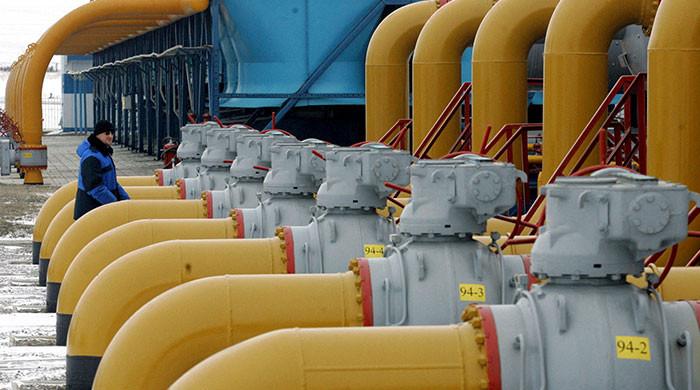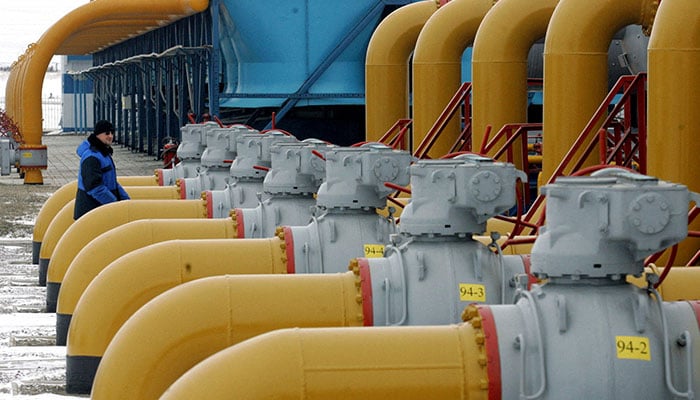Trump sets Feb 18 for oil tariffs, plans lower duty for Canadian crude


WASHINGTON: US President Donald Trump announced on Friday that his administration is likely to impose new tariffs on oil and gas by around 18 February, while suggesting a potential reduction in planned levies on certain Canadian crude imports.
The US imports some 4 million barrels per day of oil from Canada, roughly 70% of which is processed by refiners in the US Midwest. A tariff on oil imports could lead to lower production of fuel at those facilities and drive up costs for consumers, analysts and companies have warned.
Trump did not name a specific country to which the new tariffs would apply or provide any more details about the plans.
“We’re going to put tariffs on oil and gas,” Trump told reporters in the White House’s Oval Office. “That’ll happen fairly soon, I think around the 18th of February.”
Asked if tomorrow’s tariffs would include Canadian crude, Trump said: “I’m probably going to reduce the tariff a little bit on that. We think we’re going to bring it down to 10% for the oil.”
That would be instead of 25% that Trump has previously spoken about.
Many US oil refiners, especially in the Midwest, rely on imported crude because their facilities are configured to run heavier crude grades, such as those from Mexico and Canada.
They are awaiting clarity while preparing for the new tariffs on Canadian and Mexican crude imports. Earlier this month, imports of crude from Canada to the United States hit record levels.
US refiner Phillips 66 expects production cuts in the Midwest and Rocky Mountain region where alternative crude supplies are limited if tariffs take effect.
Phillips 66, along with HF Sinclair and Par Pacific Holdings have elevated exposure to Canadian crude, data from TD Cowen shows.
“Our commercial and optimisation teams have been working hard to develop every possible scenario we can think of and how we would respond” to Trump’s tariffs, said Gary Simmons, chief operating officer of Valero, during a call with analysts on Thursday.
Valero is the second-largest US refiner by capacity.



